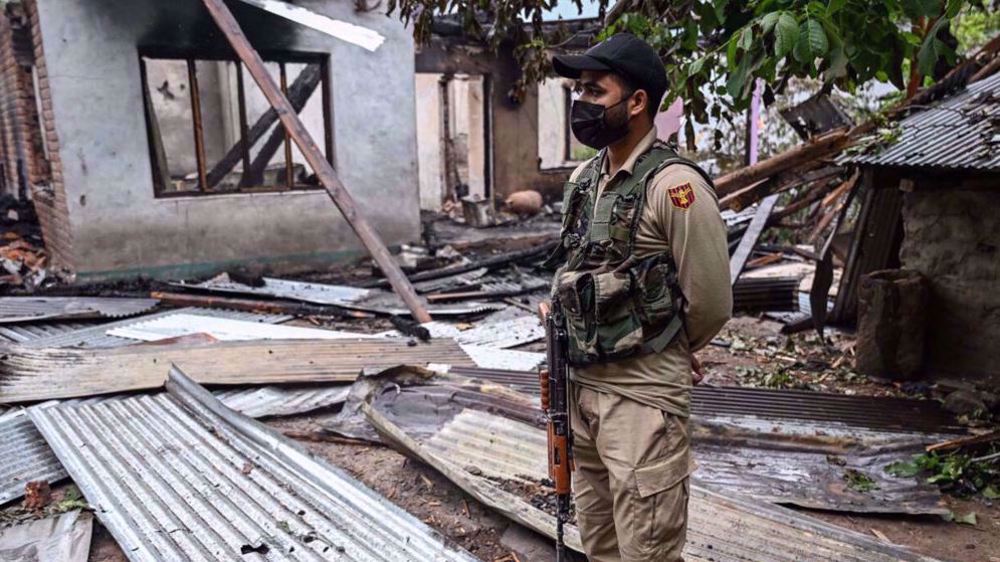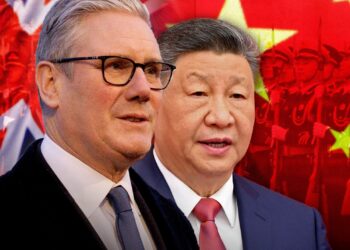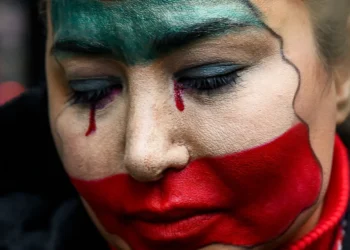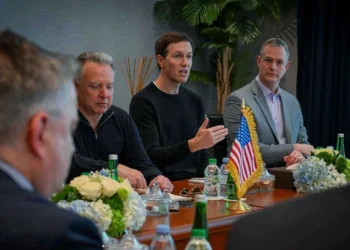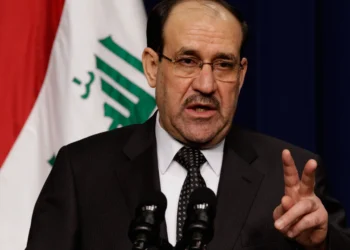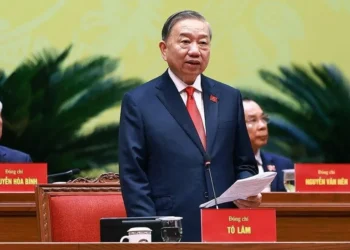ISLAMABAD / NEW DELHI (Realist News Agency). India and Pakistan have agreed to an immediate ceasefire, ending one of the most dangerous military escalations in recent years. The announcement was made simultaneously on May 11 by Pakistan’s Deputy Prime Minister Ishaq Dar, Indian Foreign Minister Subrahmanyam Jaishankar, and U.S. President Donald Trump, who acted as the chief mediator.
“Pakistan has always sought peace and regional stability without compromising its sovereignty,” Dar stated, confirming that the ceasefire was reached after several days of retaliatory strikes triggered by the April 22 terrorist attack in Indian-administered Kashmir, which killed 26 tourists. New Delhi blamed Islamabad for the assault, a claim strongly denied by Pakistan.
President Trump was the first to break the news, writing on Truth Social:
“After a long night of U.S.-brokered talks, I’m pleased to announce that India and Pakistan have agreed to a COMPLETE AND IMMEDIATE CEASEFIRE. Congratulations to both nations for showing good sense.”
Foreign Minister Jaishankar confirmed that both sides had agreed to “a halt in hostilities and the suspension of all military operations.”
The truce follows a week of high-intensity clashes along the Line of Control in Kashmir, involving missile strikes, drone incursions, and air raids. Both countries had threatened a forceful response, raising fears among observers that the conflict could spiral into a nuclear standoff.
Earlier, the United Nations had urged restraint, warning of global consequences. Kashmir remains one of the world’s most volatile flashpoints, contested by both India and Pakistan since the 1947 partition of British India.
- The ceasefire deal was reached after overnight negotiations mediated by the United States.
- This marks the first major India–Pakistan crisis resolved through direct intervention by President Trump.
- Although tensions have eased, the underlying dispute over Kashmir remains unresolved.
Halting a war is easier than deciding what comes next. India and Pakistan have stepped back from the brink — not out of goodwill, but under the pressure of hard realities and international risk. Without a sustained and structured dialogue on Kashmir, the next escalation is not a matter of if, but when.


